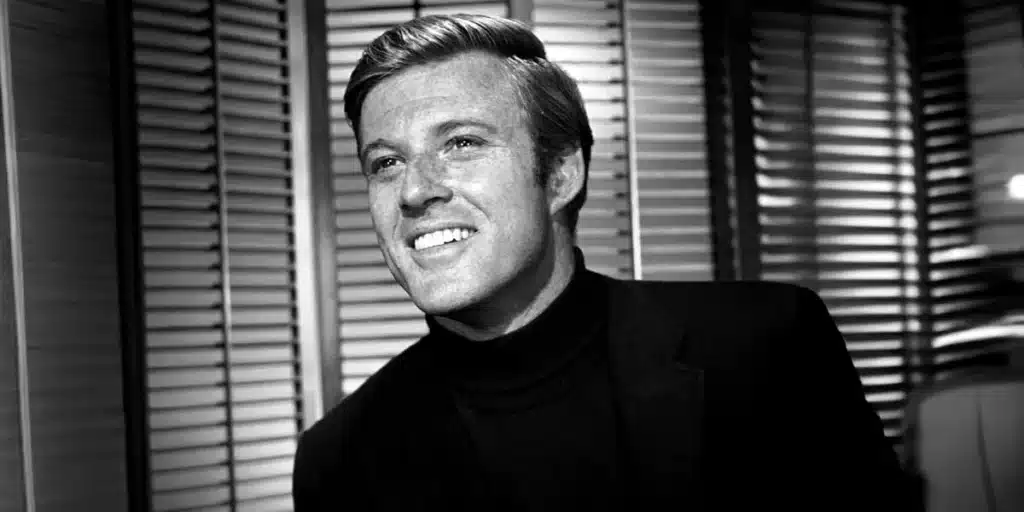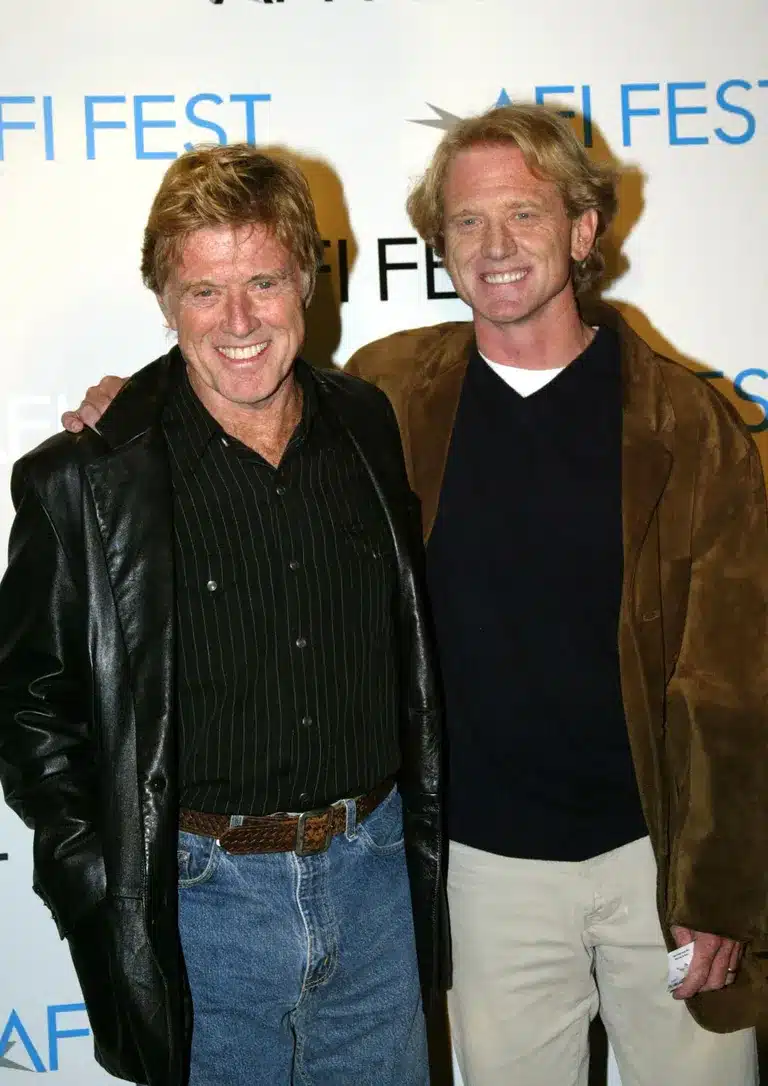The world of cinema has lost one of its towering figures. Robert Redford, the Oscar-winning actor, director, and founder of the Sundance Film Festival, died on September 16, 2025, at his mountain home in Utah. He was 89. His passing closes a chapter in Hollywood history, leaving behind a legacy that reshaped both mainstream and independent film.
<blockquote>“Robert Redford’s work influenced generations of filmmakers and audiences. His artistry and his vision will endure,” said Cindi Berger, chief executive of Rogers & Cowen PMK, who confirmed the news in a statement. She noted that he died peacefully in his sleep.</blockquote>
From Leading Man to Cultural Icon
Redford’s screen presence was undeniable. With his blend of elegance, intensity, and quiet defiance, he brought unforgettable depth to roles that have become part of film history. He was the charming outlaw in Butch Cassidy and the Sundance Kid (1969), the sharp investigative journalist in All the President’s Men (1976), and the magnetic grifter in The Sting (1973).
Other highlights of his career included Three Days of the Condor, Barefoot in the Park, The Way We Were, and Out of Africa opposite Meryl Streep. Each role revealed his ability to mix vulnerability with strength, charisma with restraint.
Master Behind the Camera
By the 1980s, Redford turned toward directing, proving he was as powerful behind the camera as he was on screen. His directorial debut, Ordinary People (1980), a harrowing portrait of grief within a suburban family, stunned audiences and critics alike. The film won four Academy Awards, including Best Picture, with Redford himself taking home the Best Director statuette.
He went on to direct The Milagro Beanfield War (1988), the elegiac A River Runs Through It (1992), and the Oscar-nominated Quiz Show (1994). Though not every project was a commercial success, his uncompromising commitment to meaningful storytelling became his trademark.
Champion of Independent Film
Perhaps Redford’s most lasting contribution was his creation of the Sundance Institute in 1981. Designed to nurture new voices in cinema, the institute and its namesake festival grew into the most influential platform for independent filmmakers worldwide. Directors such as Quentin Tarantino, Steven Soderbergh, and Ava DuVernay credit Sundance with launching their careers.
Redford once said that Sundance was about “creating space for stories that might otherwise never be told.” That vision remains his greatest legacy.
Personal Life and Relationships
Beyond Hollywood, Redford’s private life was marked by both joy and sorrow. He was married twice. His first marriage to historian Lola Van Wagenen lasted from 1958 to 1985. Together, they had four children: Shauna, Jamie, Amy, and their firstborn, Scott, who tragically died in infancy. Redford often spoke of that loss as a wound that never healed.
His second marriage to German artist Sibylle Szaggars began in 2009 after more than a decade together. Redford often described her as his partner in both love and creativity, admiring her work as a painter and environmental artist.
He endured further heartbreak with the death of his son James in 2020 following a long battle with liver disease. James, a filmmaker and activist, left behind a legacy of his own, which Redford celebrated in moving tributes.
Later Years and Final Roles
Even as age slowed him, Redford continued to explore new projects. In 2017, he reunited with Jane Fonda in Our Souls at Night, a tender portrait of companionship in later life. He also appeared in the AMC series Dark Winds, and produced twenty episodes, showing his enduring interest in pushing boundaries and supporting fresh talent.
In interviews, he often emphasized that storytelling—whether through acting, directing, or mentoring—was his life’s purpose.
A Grandfather’s Quiet Pride
Away from the spotlight, Redford valued family deeply. He often spoke of the joy he found in his grandchildren, reminding them that, while Hollywood had given him fame, being a grandparent was the role that mattered most.
A Legacy Etched in Film
Robert Redford’s career spanned more than six decades, but his influence stretches far beyond box office numbers or awards. He was a craftsman, a dreamer, and a defender of stories that challenged, inspired, and endured.
As the lights dim on his extraordinary life, his films—and the countless careers he helped launch—remain as enduring testaments to a man who never stopped believing in the power of cinema.

